Experts lambaste U.S.-led NATO forces over two decades of misery in region
The suffering inflicted by U.S.-led NATO forces on the people of Afghanistan and the region should not be forgotten, experts say, as they question NATO's role on the 20th anniversary of the military alliance's assumption of command of the International Security Assistance Force in Afghanistan.
The 20 years have not only cost countless Afghan lives and those of international troops, but also sacrificed the two-decade-long economic development of the country, they said.
It is ironic that the U.S.-led NATO forces invaded Afghanistan to defeat the Taliban, but then ended up handing over the country to the same Taliban. Experts say the abrupt withdrawal of NATO forces seems to be a "calculated move" to create chaos and disorder in the region.
The United States Armed Forces completed their withdrawal from Afghanistan on Aug 30, 2021.
"The argument can be substantiated by the fact that the U.S. blocked all Afghanistan's assets," said Shakeel Ahmad Ramay, CEO of the Asian Institute of Eco-civilization Research and Development in Islamabad, Pakistan.
"Many experts believe it was done to create a humanitarian crisis, which can ultimately lead to chaos in the region".
Imtiaz Gul, executive director of the Center for Research and Security Studies in Pakistan, said Pakistan had once told U.S. citizens and NATO forces that "war in this region is not the solution to the conflict".
"But the Western forces were full of themselves," he said.
"They thought (their) hardware predominance over the Taliban will help them consolidate, and extricate the country from terrorism and also defeat the Taliban … This did not happen, unfortunately."
There are a couple of lessons here: First, foreign occupation is never sustainable; second, they were trying to impose the Pentagon model on Afghanistan the way they tried to do in Iraq, which was a different situation altogether.
The result was that "terrorism never stopped and corruption rose. Misgovernance was also unprecedented", Gul said. "When the crunch time came, all the infrastructure, including the political and economic infrastructure that NATO forces helped build (in Afghanistan) in 20 years, crumbled."
Amina Khan, director of the Centre for Afghanistan, Middle East and Africa at the Institute of Strategic Studies Islamabad, said it was clear there was a "nonexistent indigenous Afghanistan economy", one of the biggest examples of the failure of the international community.
Gul said: "The irresponsible withdrawal by NATO created a vacuum and triggered fears of mass exodus, civil war, and increased terrorism (in Afghanistan)."
On Aug 4, the UN warned of critical funding gaps for more than 21 million people in Afghanistan, saying some relief has already been trimmed.














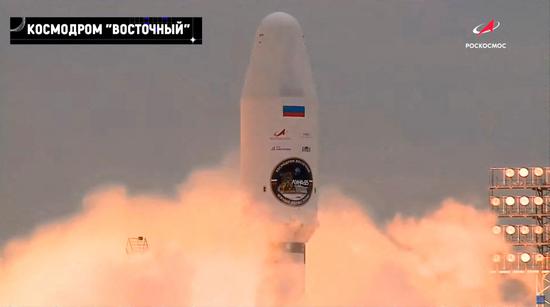

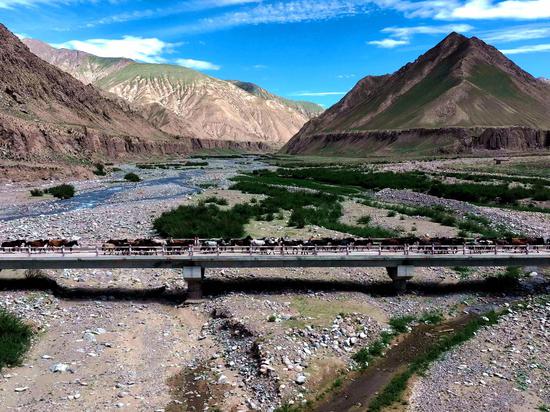
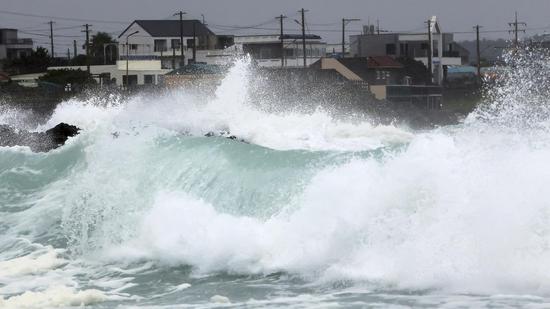
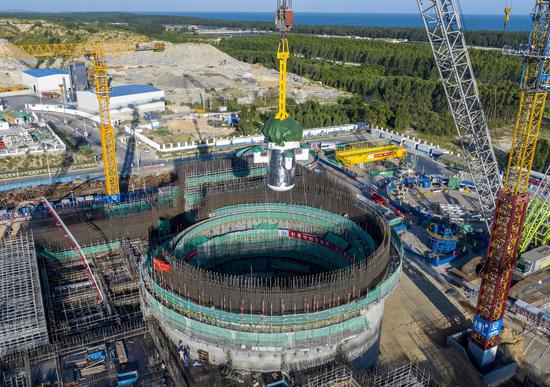


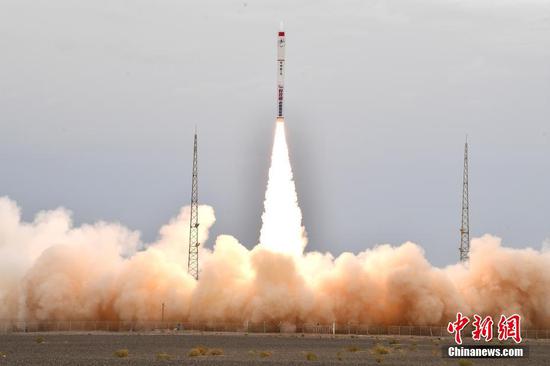

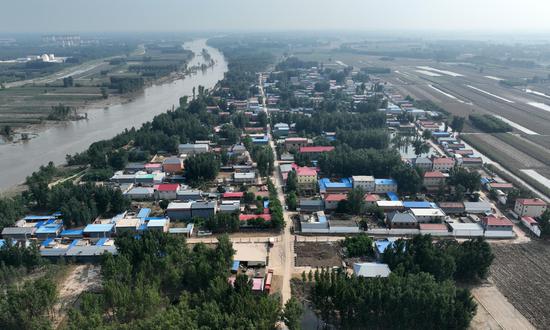





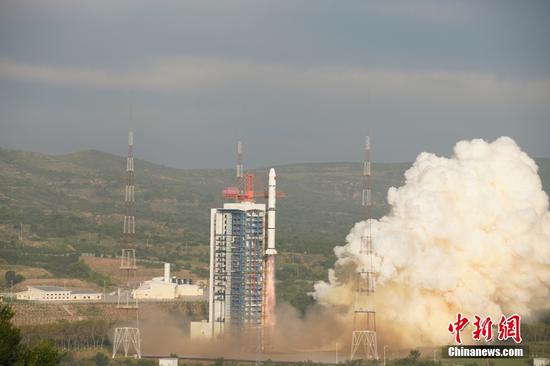


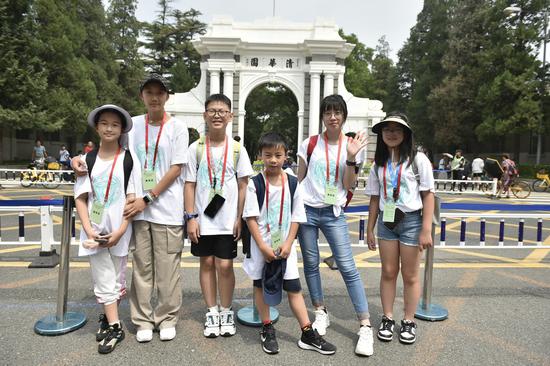
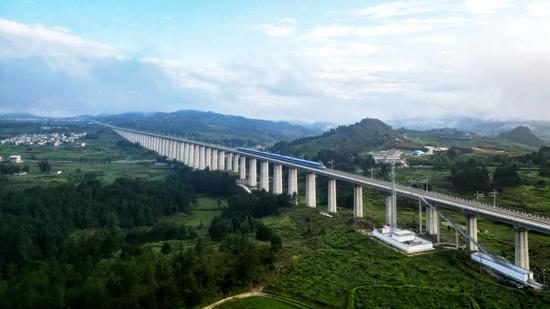





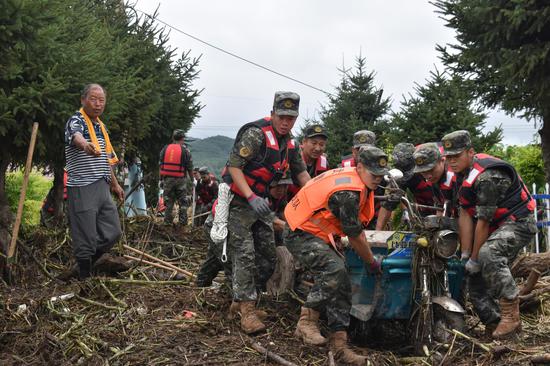


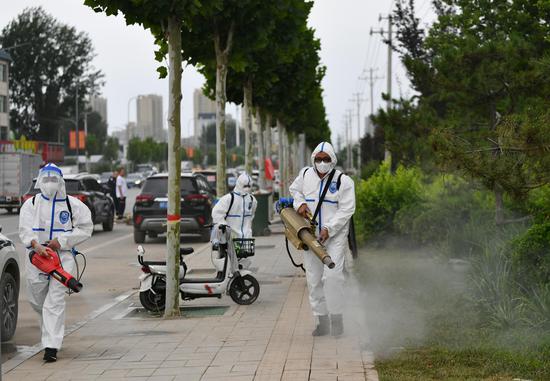

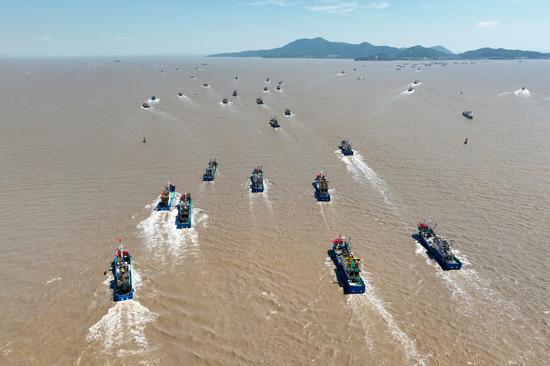





 京公网安备 11010202009201号
京公网安备 11010202009201号